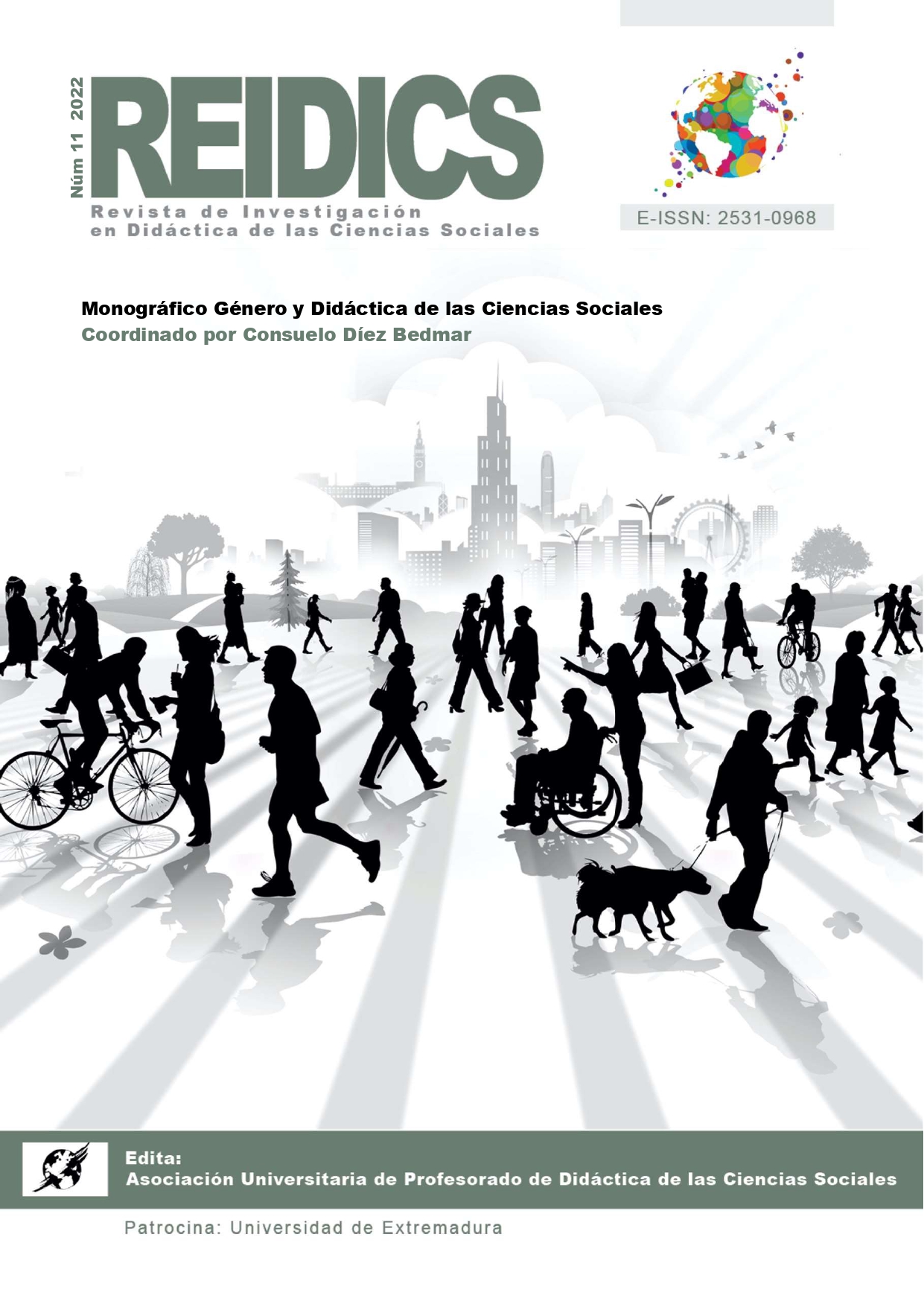The rise of the School Without Party movement and the denunciations against the “indoctrinating teachers” in Brazil
DOI:
https://doi.org/10.17398/2531-0968.11.85Palavras-chave:
educational policy, Brazil, curriculum, teacher's role, expertiseResumo
The rise of right-wing populism in several countries has directly impacted the educational field, especially teaching work. This phenomenon is linked to what has been called the post-truth era, in which there is a profound questioning about the pedagogical autonomy of teachers and their ability to arbitrate the truth. In this article, we analyze the performance of the Escola sem Partido - ESP (School Without Party) movement in Brazil through its denunciations against the "indoctrinating teachers." It is concluded that ESP seeks to resize the limits of teaching work, moving it from the debate of the academic and scientific community to the moral values of the students'students' families, a movement that gained strength in the process of political polarization experienced in Brazil in recent years, and with the election of Jair Bolsonaro in 2018. It stands out how in the context of post-truth ESP elaborates a false equivalence between the scientific knowledge accumulated in certain fields and the moral values elaborated from a conservative agenda.
Downloads
Publicado
Edição
Secção
Licença
Aquellos autores/as que tengan publicaciones con esta revista, aceptan los términos siguientes:
- Los autores/as conservarán sus derechos de autoría y garantizarán a la revista el derecho de primera publicación de su obra, el cual estará simultáneamente sujeto a la Licencia de reconocimiento de Creative Commons 4.0 BY-NC-SA que permite a terceros compartir la obra siempre que se indique su autor y su primera publicación en esta revista.
- Los autores/as podrán adoptar otros acuerdos de licencia no exclusiva de distribución de la versión de la obra publicada (p. ej.: depositarla en un archivo telemático institucional o publicarla en un volumen monográfico) siempre que se indique la publicación inicial en esta revista.
- Se permite y recomienda a los autores/as difundir su obra a través de Internet (p. ej.: en archivos telemáticos institucionales o en su página web) antes y durante el proceso de envío, lo cual puede producir intercambios interesantes y aumentar las citas de la obra publicada. (Véase El efecto del acceso abierto).
- Los autores y autoras han respetado la política de autoría de esta revista.




